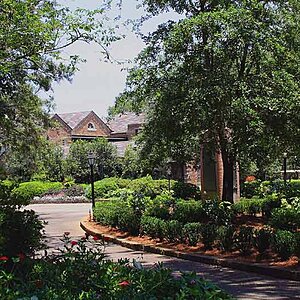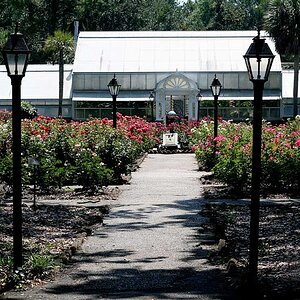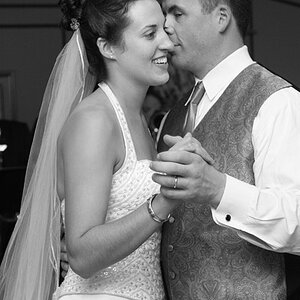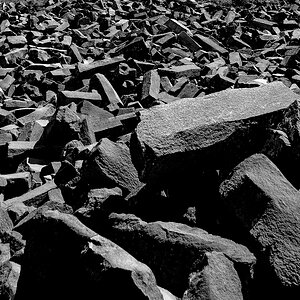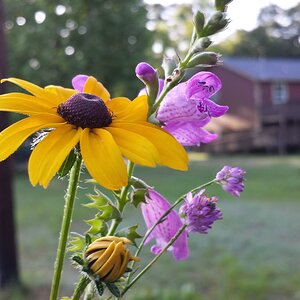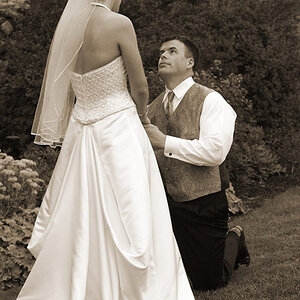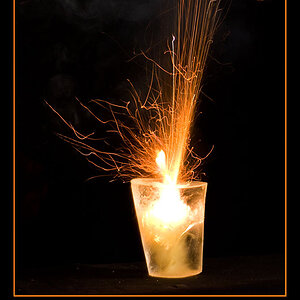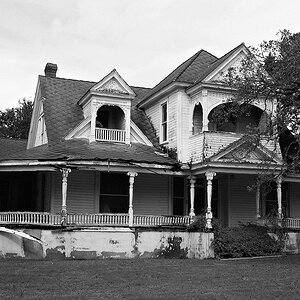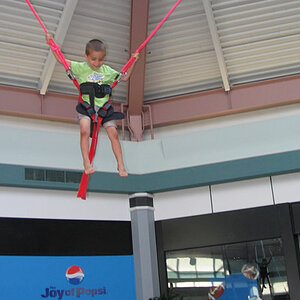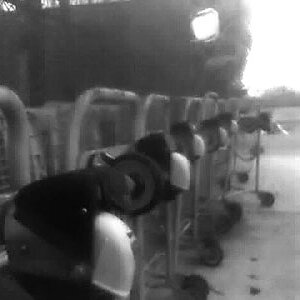Scatterbrained
Been spending a lot of time on here!
- Joined
- Apr 19, 2010
- Messages
- 2,184
- Reaction score
- 1,083
- Location
- Yucca Valley, Ca
- Can others edit my Photos
- Photos NOT OK to edit
Add more light.  You're doing this in school right? Don't they have enough lights? You can also see if they have a technical camera, put the DOF where you need it.
You're doing this in school right? Don't they have enough lights? You can also see if they have a technical camera, put the DOF where you need it. 




